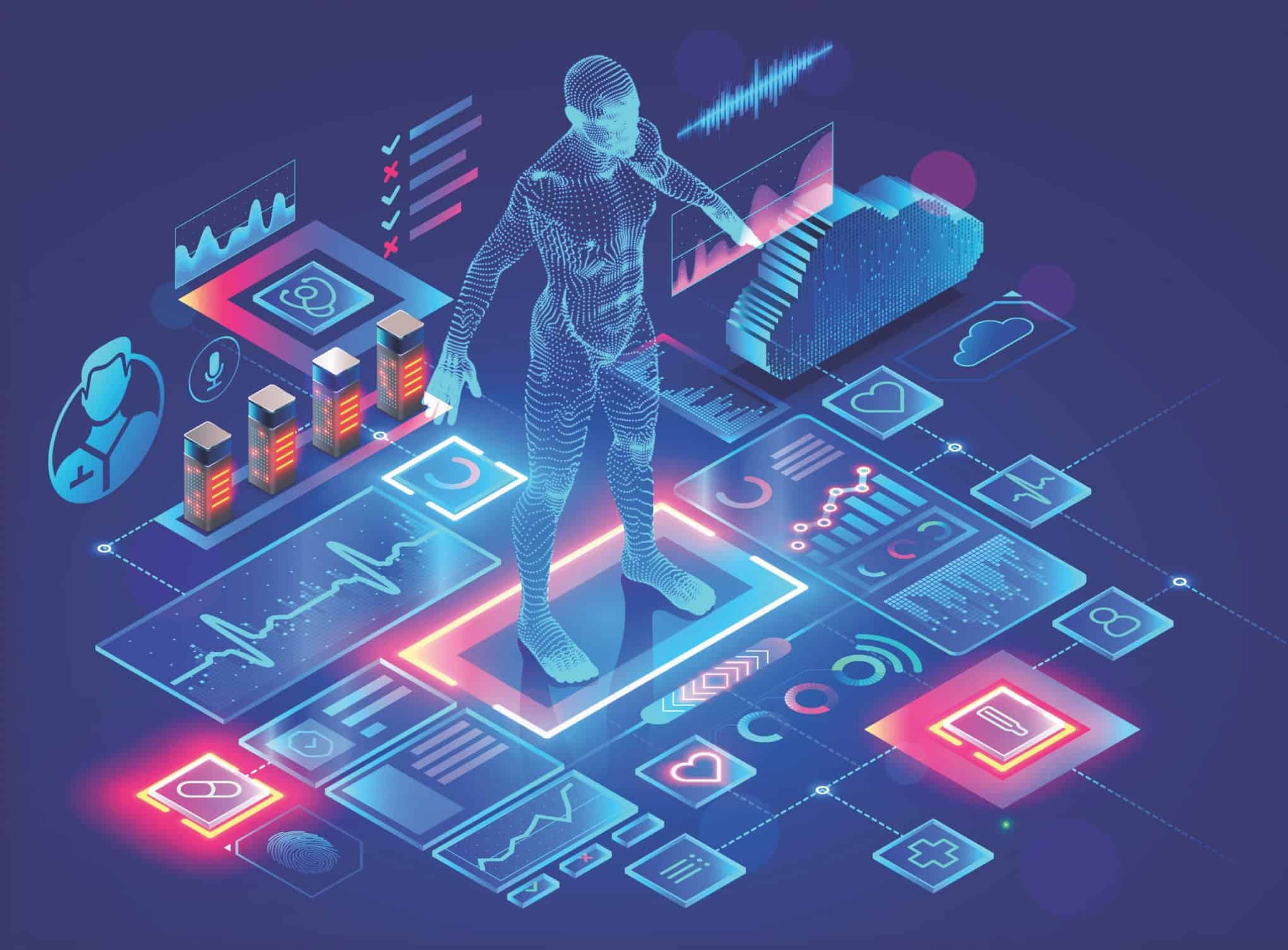
In January 2023, the World Health Organization (WHO) said that COVID-19 continued to constitute a public health emergency of international concern. However, it also said the pandemic was probably at a transition point.
The virus was still making waves, periodically surging across Europe and being compounded with a seasonal spike in the flu and respiratory syncytial viruses, creating a ‘tripledemic’. More people were being admitted to hospital for testing, treatment and care and the WHO in Europe and the European Commission alerted governments and healthcare systems to be prepared.
To make matters worse, Europe’s ongoing healthcare labour challenge meant staff would be spread even more thinly, caring for more patients during this triple threat. About two- thirds of clinicians and nearly 70% of decision- makers agreed that physicians and caregivers are overextended during their shifts and staff began to vote with their feet. Strikes were held across Europe, with walkouts seen in the UK and France to cite two examples.
Given the environment, it’s not surprising that healthcare workers (HCPs) are leaving the field in droves across the globe. McKinsey’s global nursing survey revealed that, of five out of seven countries surveyed, between 20-38% of respondents said they wanted to leave their current direct patient care role. In another report, the WHO found that an ageing workforce among doctors posed a serious risk to countries in Europe and central Asia, along with staff shortages and recruitment and retention problems, among others.
Nurses have carried the brunt of the burden, burning out, walking out or retiring. Retaining nurses, doctors and healthcare staff is always crucial, but it’s amplified in times of crisis, such as the threefold viral onslaught faced by Europe and much of the world. The industry needs to do better, but how?
Keep turning to technology solutions
The use of technology solutions in healthcare accelerated during the pandemic. And it’s moving forward, bringing with it the lessons learned. Technology creates the capacity to optimise staff, increase efficiency and minimise errors.
One example is mobility solutions – with a secure, multi-purpose mobile device, it’s possible for staff to access patient data from anywhere. This eliminates the need for nurses to run to and from stations, minimising the risk of human error and ultimately making time spent with patients more efficient. Clinicians agree, with eight in ten saying clinical mobility increases their workflow accuracy and precision, reduces preventable errors and raises the focus on patient care and attentiveness.
Mobile devices like healthcare tablets or handheld computers enable HCPs to monitor patients’ vital signs in real time and alerts them about any issues so they can make the right decision and take the right action in the moment. It optimises patient care by placing it in the palms of HCPs’ hands.
Improving connectivity between HCPs is another key benefit technology brings. One of the most effective tools is a unified communication platform – a software application that augments mobile devices like mobile computers and tablets with the features and functions of many different apps, including texting, calling, task and workforce management.
Improved connectivity provides better collaboration, streamlines time management and shift handovers, and ensures optimal care surrounding tests, samples, medications and records. In fact, most HCPs (87%) agree patient care would improve if nurses, clinicians and non-clinical HCPs had collaboration tools and healthcare apps.
Additionally, location solutions like radio frequency identification (RFID) tags and readers track, trace and monitor the status of patients, staff and assets such as medical equipment, blood samples or medications throughout the hospital, minimising errors and maximising efficiency. About four in ten HCPs say they currently use location technologies across hospitals. Nearly all (98%) say they plan to use such solutions in the next five years to track patient flow, medication, equipment and staff operational efficiency.
Technology frees up capacity for HCPs. By alleviating administrative burdens while improving communication and collaboration, they have more time to focus on what matters most – caring for patients. The ability to improve the working environment can reduce burnout and ultimately enhance positive patient outcomes. HCPs want to provide their patients with the best care in well-run workplaces that enable them to do their best work. But they need regular breaks to rest and recharge, to prevent the burnout that is negatively impacting HCPs.
Move further ahead with AI and big data
Beyond mobility and communication technology, artificial intelligence (AI) is a growing part of the healthcare ecosystem. There are a growing number of healthcare apps available that are powered by AI. They feature mental health support, the ability to check and record weight and blood pressure, use video to report symptoms, create health recommendations, provide nutritional insights and much more. These apps also give HCPs insights into patients’ daily patterns and needs, enabling better guidance for maintaining and improving patient health.
We can also expect to see new AI applications giving HCPs alternative training options with naturalistic simulations, insights into diagnosis through cognitive technologies, early disease detection via screening reviews, patient movement alerts through wearables and analytics about potential treatment.
The transformational power of technology
The pandemic disrupted the healthcare model and accelerated the role technology plays in healthcare by proving its ability to improve capacity. While technology may not be able to solve all the problems within the healthcare ecosystem, it does bring with it important and much-needed improvements for doctors and nurses that can help to improve patient care.




